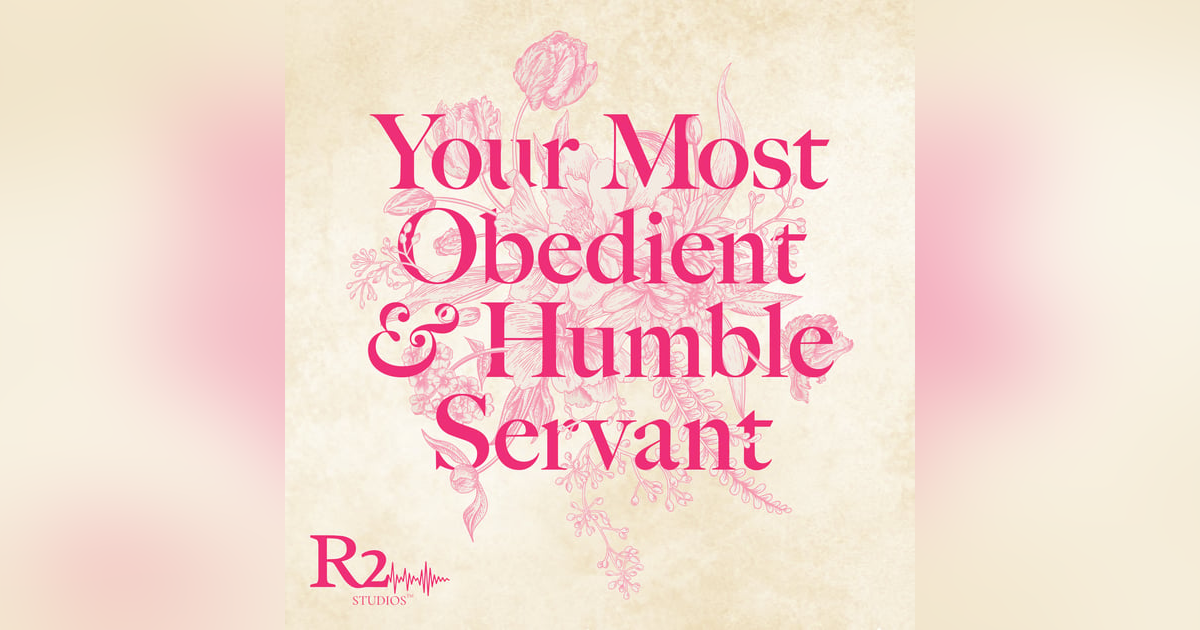Season 3: A Season of Wit

We are excited to announce that on September 19 Your Most Obedient & Humble Servant will be back with a new season. We found some great letters to share with you this season that highlight the extraordinary wit of women in the 18th and early 19th...
We are excited to announce that on September 19 Your Most Obedient & Humble Servant will be back with a new season. We found some great letters to share with you this season that highlight the extraordinary wit of women in the 18th and early 19th centuries. Subscribe wherever you get your favorite podcasts. For more information or to catch up on past episodes, visit www.R2Studios.org.
Note: This transcript was generated by Otter.ai with light human correction
KATHRYN GEHRED: Hello, and welcome to Your Most Obedient & Humble Servant. I'm your host, Katherine Garrett. I am so excited to announce that on September 19, we will be back with the new season. We found some great letters to share with you this season. These letters highlight the extraordinary wit of women in the 18th and early 19th centuries, and my guests helped me really explore the lives of the women who wrote them and the world around them.
JULIE FLAVELL: The women had a tradition of using what was called Drawing Room influence to assist the careers of the men. Any woman might use her influence if she was close to a powerful man, but some families actually had traditions of it. She had friends at court, she was friends with most of the prominent Whig magnates. She was very involved in her brother's careers. And she was also somebody who is very comfortable about entering men's spaces like she was the only woman listed as a member of the Duke of Rutland's Belvoir fox hunt.
AMELIA GOLCHESKI: This is so rich. I think it really tells us a lot about women and expectations for how women should appear in public, just the things they think she thought really tells us so much about both the world she was living in and the world she thought she was living in.
RILEY SUTHERLAND: She was constantly thinking of new ways to try to produce evidence to find evidence, which is even more exceptional to me when I remember that she didn't know how to read or write. So she was really using her wit, especially socially, to draw upon her networks and connections that made it possible for her to navigate a complex political system one that would have been complex for somebody who knew how to read and write.
CASSANDRA GOOD: We're seeing multiple women talking about politics and political differences. And we're seeing just how partisan women could be at this time. Women were involved in politics. Women were engaged with this. They were partisan and it was important to them. Still, there's this public idea partially coming from the rhetoric at the time that you know women are staying out of politics.
GEHRED: Season three of Your Most Obedient & Humble Servant is coming this fall from R2 Studios at the Roy Rosenzweig Center for History and New Media. Subscribe wherever you get your favorite podcasts. For more information or to catch up on past episodes, visit our website, R2studios.org And until then, I am as ever, Your Most Obedient & Humble Servant.









